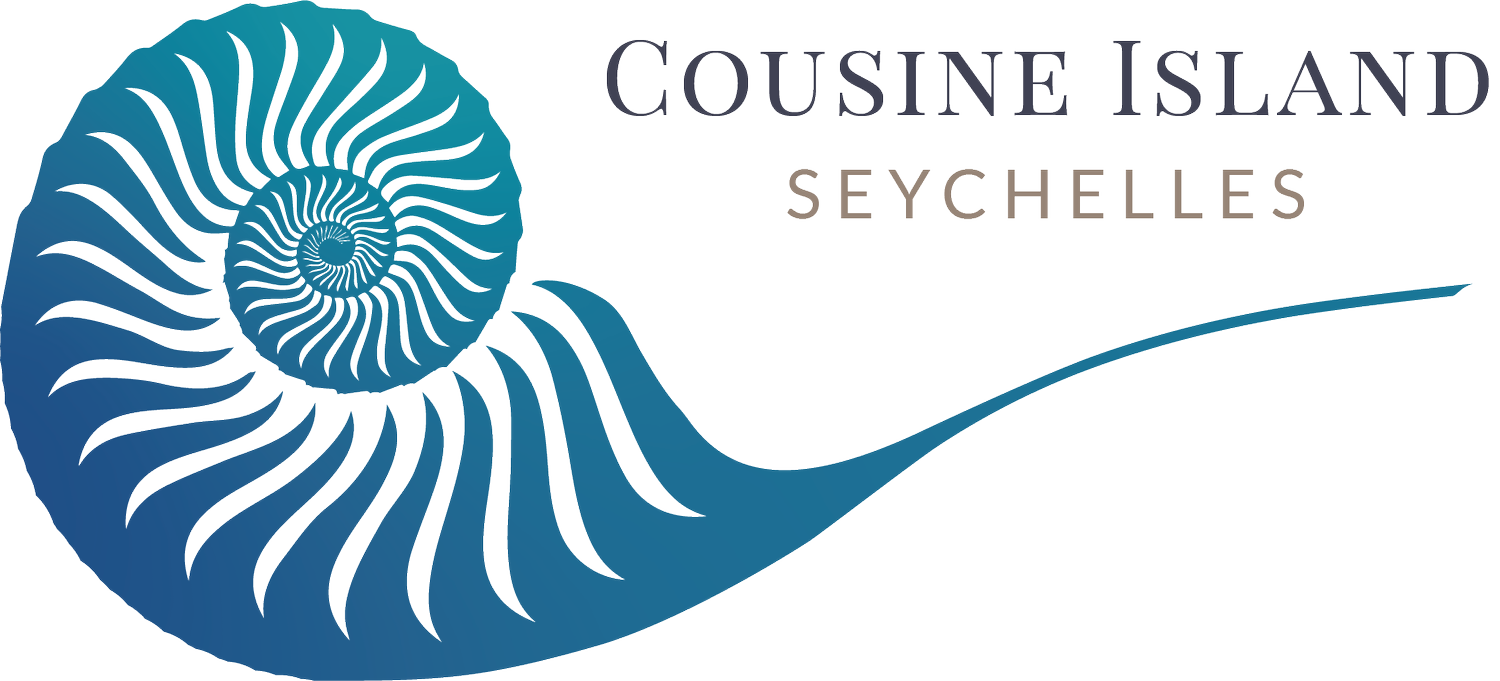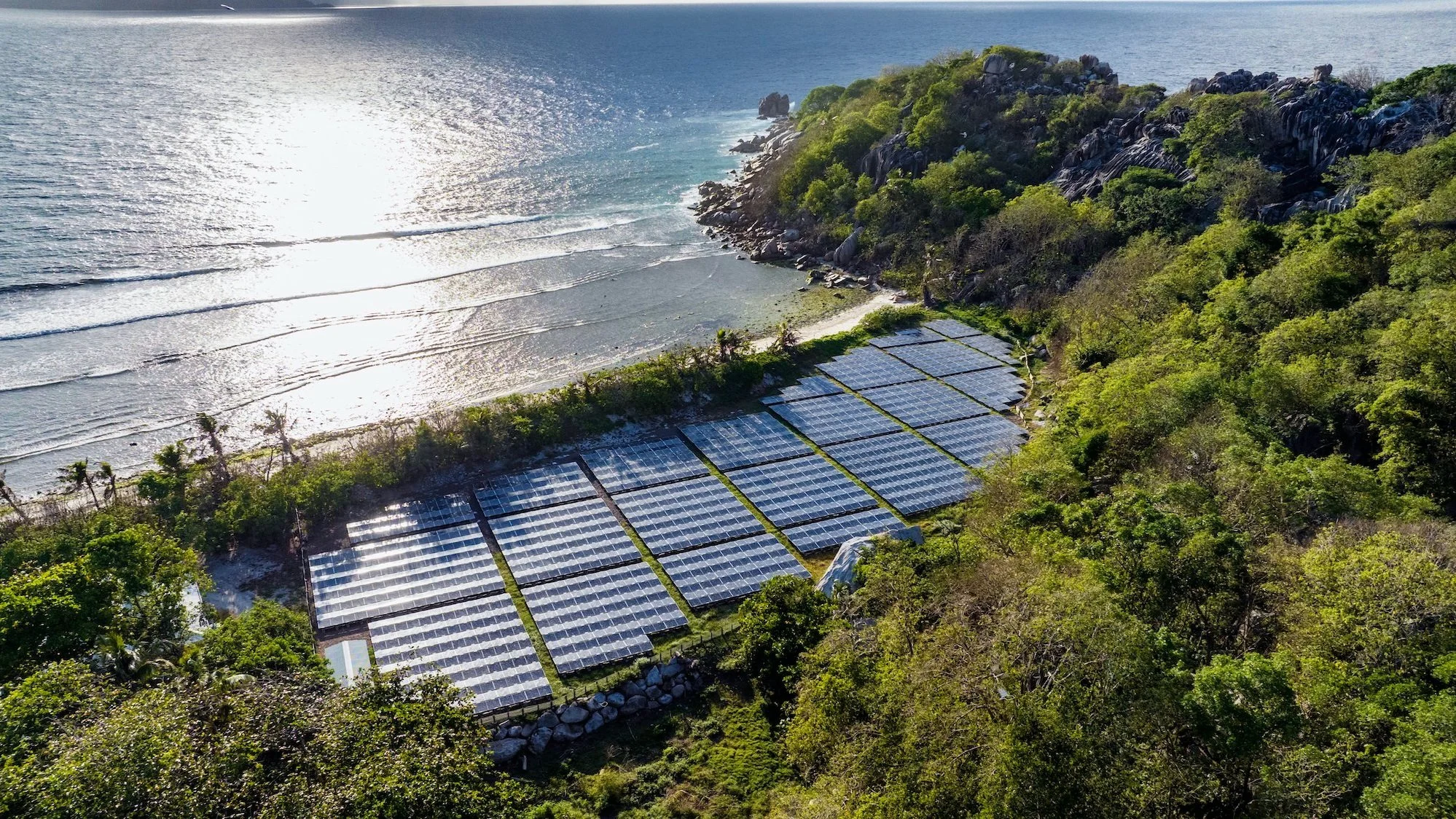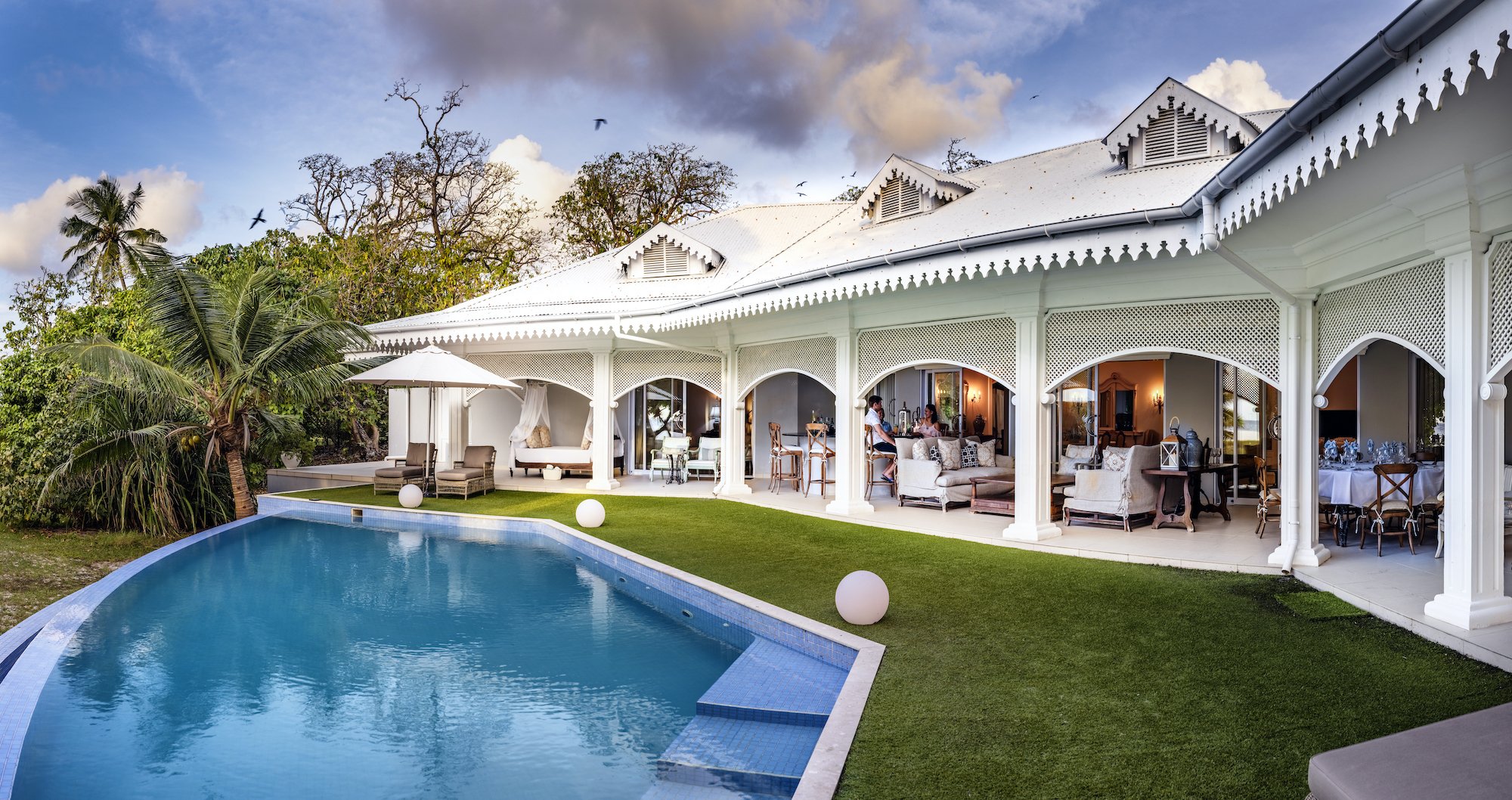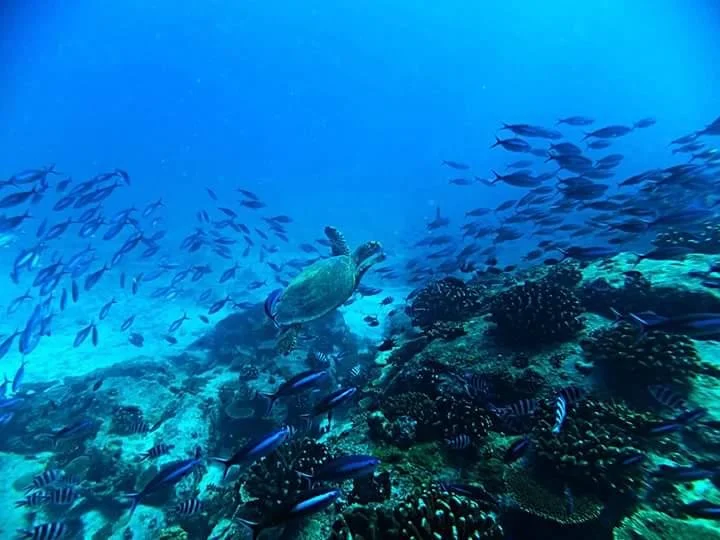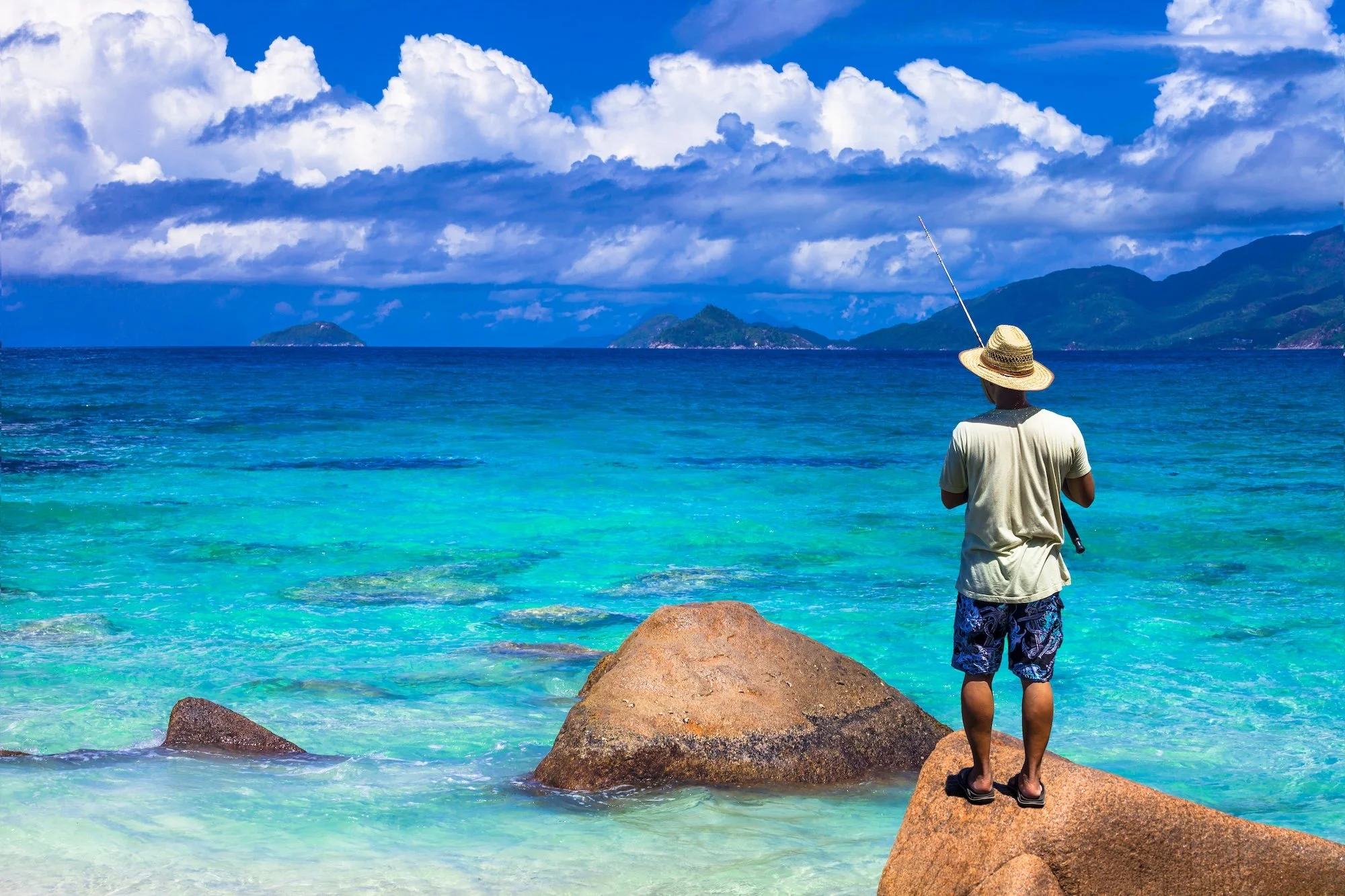How Does a Private Island Power Paradise Sustainably? Cousine Island Shows the Way
On Cousine Island, luxury and sustainability intertwine.
Beneath swaying palms lies a serious question: how can a remote island keep everything running while protecting its delicate ecosystem? The answer is written into Cousine Island’s very foundations. Once scarred by exploitation, this granite jewel off Seychelles’ coast has been lovingly restored over three decades into a sanctuary for endangered species and a model of conservation-driven hospitality. Today, sustainability is not an afterthought but the pulse that powers paradise.
From Exploitation to Ecotourism
Cousine Island’s story begins with degradation. The island was heavily exploited in the 19th century for timber and wildlife, devastating its ecosystems. In 1992, new ownership embarked on an ambitious rehabilitation program, removing invasive species and reintroducing native flora and fauna. This effort transformed Cousine into a living refuge where critically endangered Seychelles magpie‑robins, warblers and giant tortoises thrive.
The island remains one of the few granitic islands free from mammalian predators, standing as a testament that luxury tourism can coexist with rigorous conservation.
Cousine Island’s Solar Power Plant
Sunshine as Fuel
Meeting energy needs without harming the environment posed a major challenge, so Cousine looked up. In 2020, the island completed its off‑grid solar power plant, becoming the first private island in the Seychelles powered entirely by the sun. The array provides reliable electricity while drastically reducing reliance on fossil fuels and cutting the island’s carbon footprint. More than a utility, the solar plant is a symbol. The island uses it to educate guests and local communities about renewable energy and climate change. By proving that solar can power luxury, Cousine inspires other remote communities to follow its lead.
Cousine Island’s drinking water is produced from the naturally humid air, while pools are filled with filtered rainwater.
Every Drop Counts: Water from the sky, air, and ocean
On a small island, fresh water is precious. Luckily there is no shortage of water in the form of ocean waves, rainstorms, and tropical humidity. Cousine captures and filters rainwater through advanced purification systems. This filtered water is stored and used for non‑potable needs such as showering and irrigation, ensuring that not a drop is wasted. During dry spells, when rainfall dwindles, the island turns to the sea.
Cutting‑edge desalination technology converts seawater into fresh water. Drinking water on the island is also produced through atmospheric water generation. Potable water is extracted from humid air (of which they Seychelles has plenty) using technologies like condensation or desiccation. The result? The crispest, softest water you’ll ever taste.
By balancing rainwater harvesting and condensed humidity with desalination, Cousine maintains a consistent supply without depleting local aquifers. Continuous research aims to refine these systems, making Cousine’s model replicable for other islands facing similar challenges.
Reducing, Recycling & Composting
Waste management is another pillar of sustainability. Cousine operates a professionally monitored recycling program where all biodegradable waste is composted on site and non‑biodegradable items are sorted and transported by boat to recycling stations on Mahé Island. Composting enriches the island’s gardens and nursery, feeding native plants that stabilize dunes and provide habitat for wildlife. A summary of the island’s features highlights that rainwater harvesting, recycling and composting, along with solar power, are integral to daily operations. This closed‑loop approach minimizes landfill waste, reduces transport emissions and turns trash into nourishment.
Protecting the Blue: Marine Conservation & Coral Restoration
Sustainability at sea goes beyond resource management; it means safeguarding the surrounding ocean. Cousine’s marine conservation program includes coral restoration projects to rebuild damaged reefs. Scientists and conservationists monitor endangered marine species, adopt sustainable fishing practices and conduct research to enhance reef resilience. Guests are invited to participate through educational programs, guided snorkelling and scuba diving tours. Visitors can observe reef‑dwelling marine animals and fish from shore—watch shy coconut crabs go about their business or join turtle‑hatching experiences that connect them to the island’s wild heartbeat. By choosing to stay on Cousine, guests directly support these marine initiatives.
Cousine Island has received several Seven Star and World Travel Awards
Recognition & Responsibility
Cousine Island’s efforts have not gone unnoticed. The island has won prestigious Seven Star Awards and World Travel Awards, including titles such as World’s Leading Exclusive Private Island and World’s Leading Green Destination. These accolades celebrate Mr. Keeley’s vision of blending unparalleled luxury with steadfast conservation. Yet, recognition is merely a marker along a longer journey. The island continues to champion eco‑tourism through ambassador programs and research partnerships, inviting guests to plant trees, participate in wildlife monitoring and share in the responsibility of protecting paradise.
Sustainable Luxury in the Seychelles
Cousine Island proves that sustainability and indulgence are not mutually exclusive. Powered by the sun, nourished by rain and sea, and thriving through careful stewardship of land and ocean, the island offers a model for ecologically responsible hospitality. Its story—from exploitation to sanctuary—reminds us that luxury can be a force for good when rooted in respect for nature.
When you choose Cousine Island, you’re not only visiting paradise; you’re helping ensure that paradise endures.
